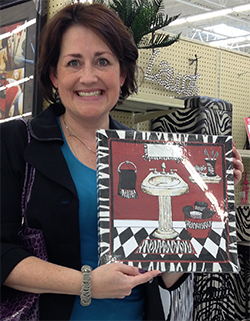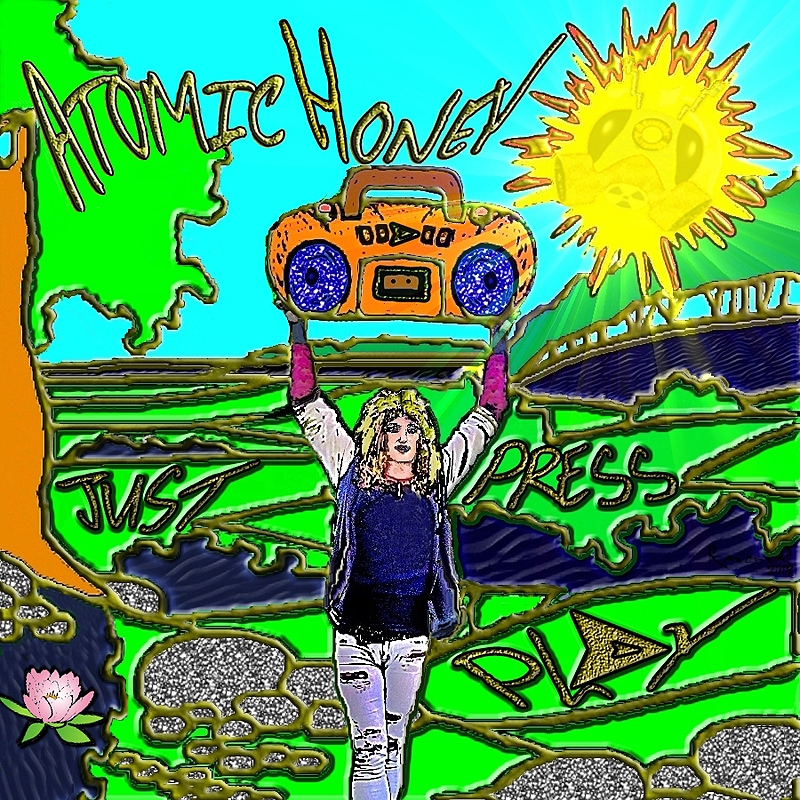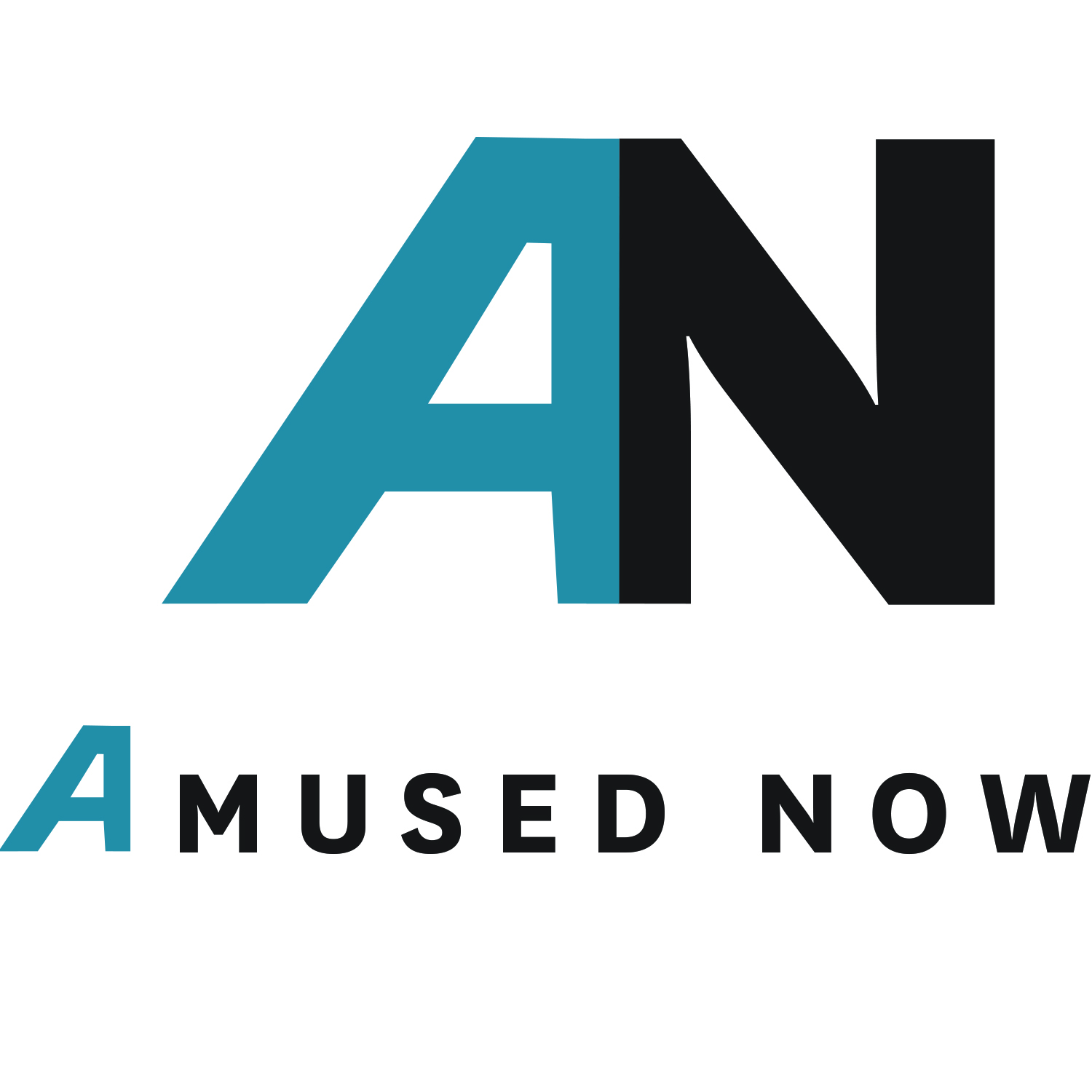
by Cynthia Kahn | Oct 13, 2015 | Promoters
If you are one of those artists who believe they never should pay for interviews, you should reconsider. When a publication interviews you for free, you answer questions that serve the interests of their target market. You do not control the content. I agree that free...

by Cynthia Kahn | Jun 25, 2013 | Art Licensing
Imagine household products sporting your artistic inspirations. Wouldn’t it be cool if you could walk into a department store and see your designs on clothing, towels, table cloths, glasses, dishes and garden flags? Tara Reed, art licensing specialist and Amused Now...

by Cynthia Kahn | Jun 11, 2013 | Musicians
Last week, I had the opportunity to interview KeV Atomic, the lead for the band Atomic Honey. Here at Amused Now headquarters, we were super excited, because we’ve been following Atomic Honey for the last year and a half. The band has released a wide range of music,...




